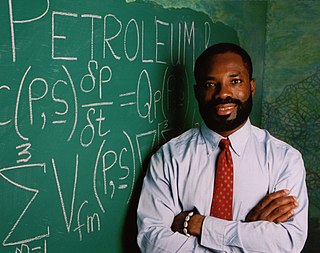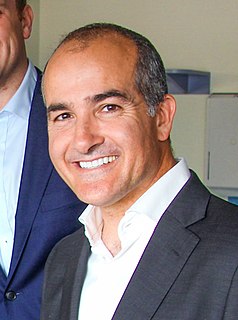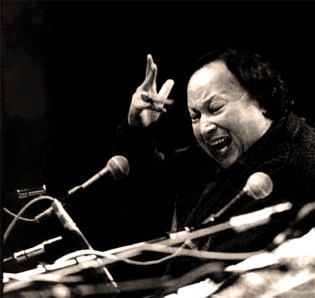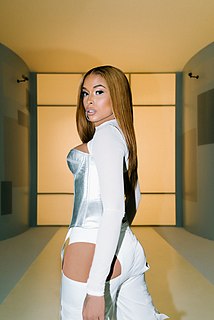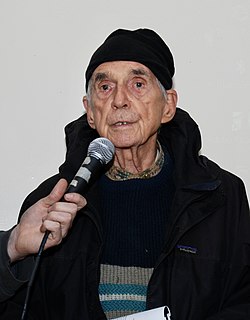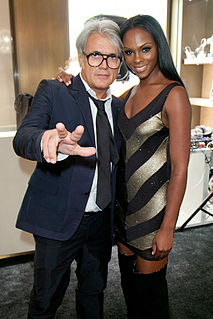A Quote by Philip Emeagwali
When I enrolled in college at age 19, I had a total of eight years of formal classroom education. As a result, I was not comfortable with formal lectures and receiving regular homework assignments.
Related Quotes
My formal education as an extension to my college degree in journalism was the time that I spent working with the student newspaper. I would argue that my greatest education occurred by working for the student newspaper. It wasn't necessarily the classroom work that made my formal education special. It was the idea that I had the opportunity to practice it before I went into the real world.
As a physician, we are taught that learning and education never stop - they are lifelong. I think education comes in various forms: formal, informal, and most importantly, experiential. All of this defines who we are and gives us if you will our abilities to function as leaders. I believe all of those pieces constitute formal education - it is invaluable to who we are and how well we perform.
Formal is formal. I can't wear sneakers all the time. Sometimes, I wear other shoes. It's not my challenge designing formal - it's so boring - but it's still important. I sell a lot of classic black sneakers made from every material because everyone loves black, and if you mix and match material, you get an opera.
